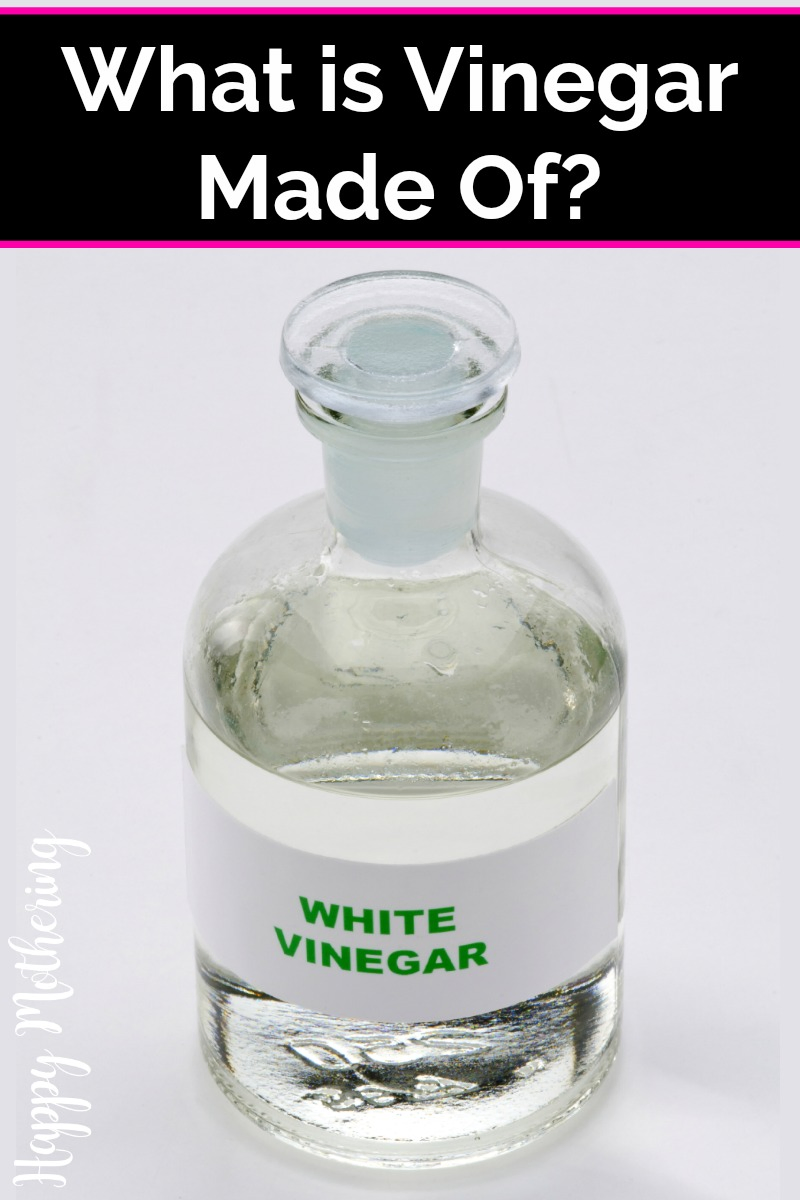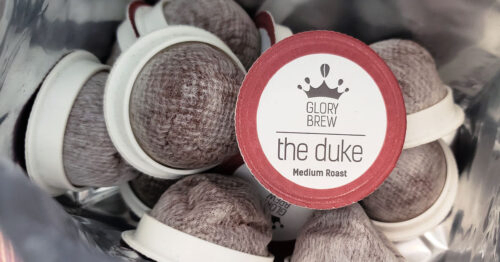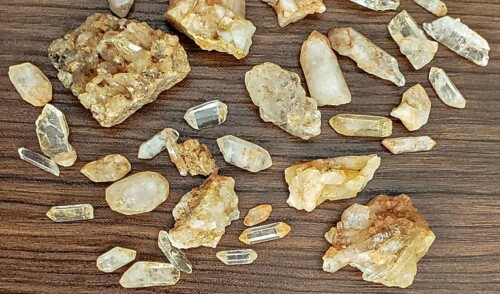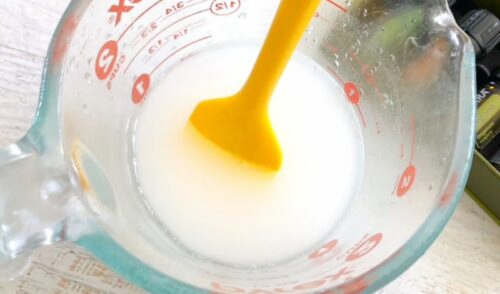
Vinegar is made of acetic acid and water. Where the acetic acid is derived from completely changes its taste and profile.
Distilled white vinegar is produced by the fermentation of ethanol (alcohol). During the fermentation process, bacteria called Acetobacter and Acetomonas are added and they produce acetic acid from the alcohol. A solution of 4-8% acetic acid combined with water is white distilled vinegar (also referred to as spirit vinegar).
In a similar process to distilled white vinegar… red and white wine vinegar are made from white and red wine. Malt vinegar is made from barley. While fruit vinegar, like apple cider vinegar and balsamic, is made from fruit (apple cider and Trebbiano and Lambrusco grapes respectively). Regardless of what it was made from, acetic acid is what gives vinegar its distinct taste, smell and flavor.
All vinegar is made from acetic acid, but not all acetic acid is vinegar.
What is acetic acid?
Acetic acid is a clear liquid that has a strong odor, sour taste and is extremely corrosive. It is what gives vinegar its pungent smell and sour taste, as well as makes the vinegar acidic.
Not only is acetic acid used in the production of vinegar, but it’s also used commercially. It’s used as an industrial chemical solvent and used in the medical industry for diagnosis and treatments of different diseases and ailments.
Synthetic alcohol is used for making vinegar?
Yes, though any alcohol can be used to make vinegar, synthetic alcohol is often used for commercial vinegar production.
The majority of commercially produced vinegar in the United States uses alcohol derived from barley, corn, fruit, wine, natural gas or petroleum. Yes, you read those last 2 ingredients correctly.
Petroleum and natural gas have both been approved by the FDA for use in the production of synthetic alcohol for human consumption since 1989. And the FDA does not require food manufacturers to label any vinegar being derived from petroleum-based synthetic alcohol.
The reason for the wide use of petroleum-based synthetic alcohol is that it’s less expensive to produce.
Some distilled white vinegar manufacturers will label their vinegar if the acetic acid was derived from grain, fruit, wine, corn or barley… though it’s uncommon for them to label “derived from petroleum-based synthetic alcohol.”






